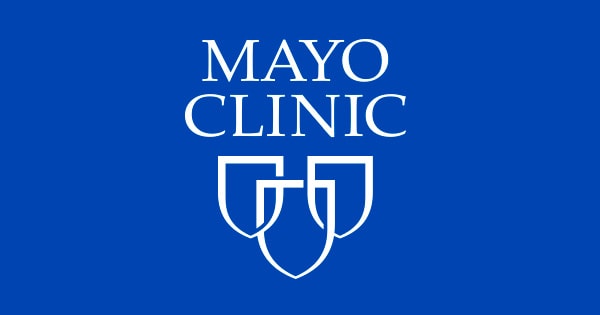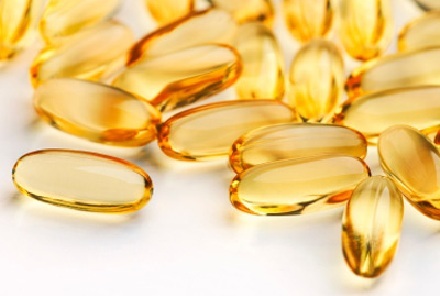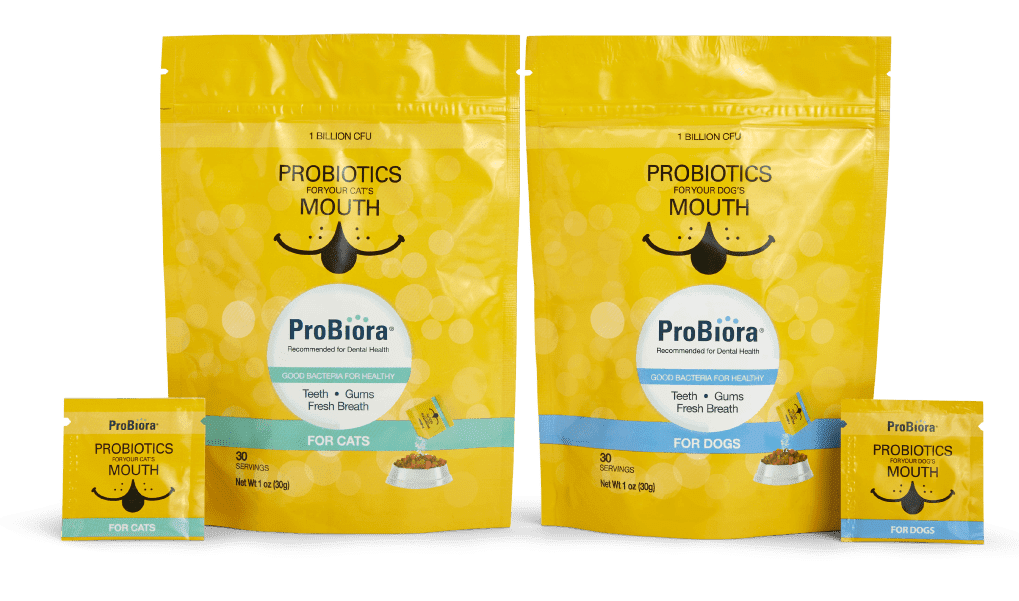Vince
Super Moderator
This may sound like a strange thread. But when I was younger in my thirties, I'm in my '60s now. I heard that flossing helps fight heart disease. So I started daily flossing. Now I even carry a flossing pic in my pocket. So after I eat I usually floss my teeth. I don't like any food stuck in between my teeth.
Anyways, I went to the dentist recently and he says man your gums are excellent. It tells me that you regularly floss your teeth.
So that's why I posted this thread.
Anyways, I went to the dentist recently and he says man your gums are excellent. It tells me that you regularly floss your teeth.
So that's why I posted this thread.























